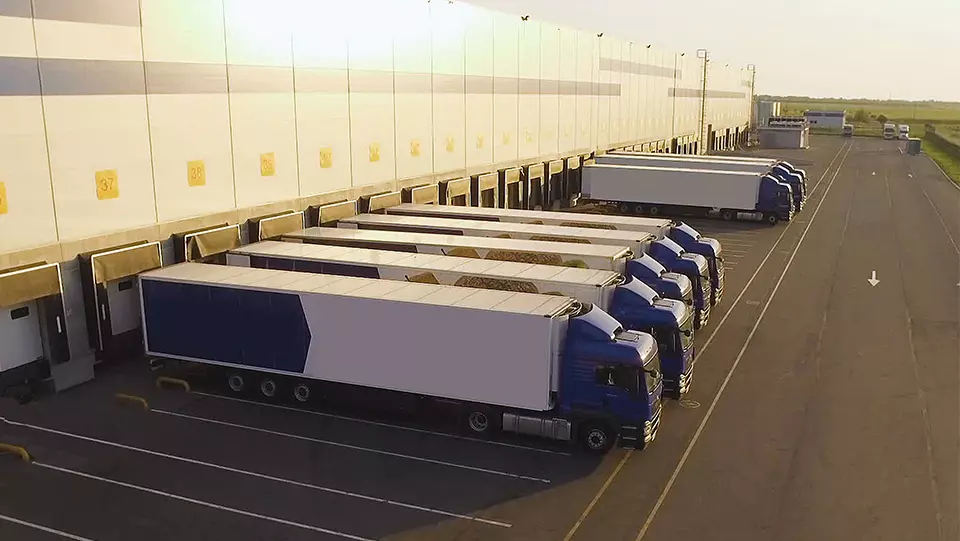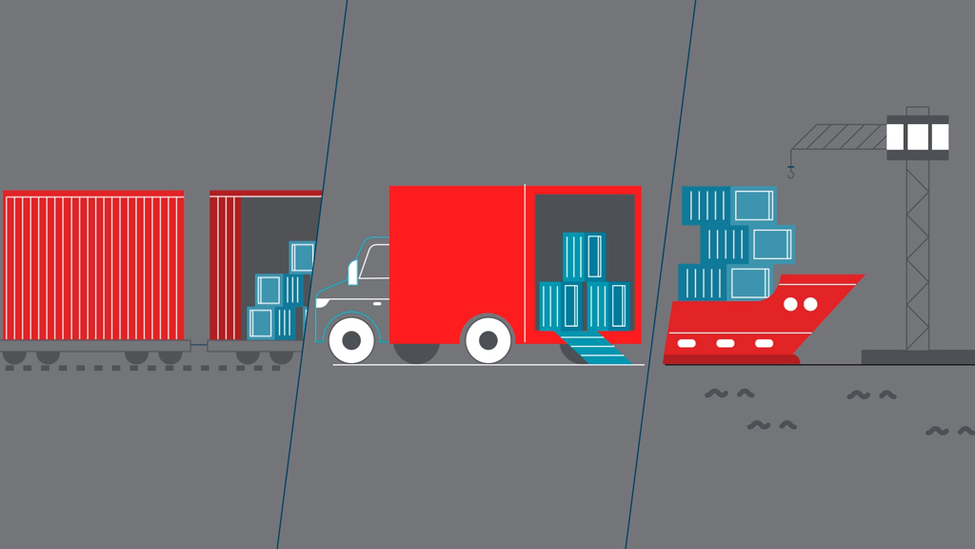The Evolution of the Freight Broker Model Brings New Risks


As with many business sectors, technology is transforming the transportation industry, including telematics, autonomous driving vehicles and new tech-driven business models. In the logistics category, a new freight broker model has evolved to leverage software applications that allow cargo transporters to find jobs without the need for traditional human interactions.
These hybrid companies have developed apps that can connect manufacturers and wholesalers with hundreds of thousands of large and small global freight carriers, with trailers stored in parking lots for ready access instead of traditional warehouses. This model has the potential to reduce carbon emissions and storage costs, while allowing carriers to fill up trips made with empty trailers that would otherwise be empty, offering greater productivity.
This hybrid freight brokerage model, adopted by some new entrants to the industry, makes it possible for small trucking companies to book loads from anywhere at any time with a tablet or smartphone. Since carriers with six trucks or less make up about 91% of the market,1 this new platform promotes more efficient operations for smaller organizations. Automated solutions can find return loads for a greater percentage of inbound trips.
Understanding cargo theft risks facing freight brokers
With new methods of conducting business come new risks. While traditional freight brokers don’t actually handle the cargo itself, this hybrid model increases exposure to potential theft or damage to products awaiting carrier pickups in physical lots.
“There’s a saying in the cargo industry that freight at rest is freight at risk,” said Scott Cornell, Travelers Transportation National Practice Lead, Inland Marine. Faced with some new challenges, hybrid freight brokers can rely on the expertise of Travelers in addressing exposures tied to cargo security. A leader on working with new transportation business models, Travelers also has one of the largest and most comprehensive investigative units in the industry.
“Partnering with an insurance company that’s experienced in the transportation industry can help them avoid pitfalls as they build their business,” Cornell said. “We understand how technology meshes with transportation models and can help companies understand the risks.”
Securing cargo at physical locations
By maintaining lots at transfer locations, these innovative companies may face some of the same perils as motor carriers and freight forwarders. For example, floods in low-lying areas or hurricane-force winds in coastal regions present somewhat of an unpredictable risk for brokers. However, it may be possible to exercise more control over the safe storage and security of cargo, even from a distance.
Despite never being seen by brokers, freight could fall under their care, custody and control, after arriving from port and before reaching its next destination. On-premises security and protective measures can be improved in many ways:
- Minimize exposure to large losses. Freight brokers can reduce the chance of large, weather-related losses by choosing inland lot locations outside predictable hurricane paths and away from designated flood zones. The frequency of earth movement, such as earthquakes and mudslides, might also be considered when selecting locales. By maintaining a prescribed distance between trailers or containers, the odds of a catastrophic fire decrease.
- Monitoring entrances and exits. Consider security strategies for lots under the domain of brokers that start outside the perimeter and then progress inward. Brief security personnel at entrance gates to know exactly which loads are expected to arrive and which shipments should be departing. To help quash opportunities for cargo theft, consider implementing a rigid verification process and secure pickup number for each driver entering the facility.
- On-site security presence. In and of itself, the presence of a security guard may serve as a powerful deterrent to thieves attempting to pilfer cargo from trailers or assume the identity of a legitimate driver. Guards with industry knowledge and/or specialized training can be equipped to assess the degree of illegal activity, and use their experience and judgment to determine appropriate responses. Consider that, at a minimum, you’ll want security personnel on-premises during peak hours – and ideally for 24/7 monitoring.
- Surveillance equipment. Consider installing specialized video systems that can monitor the lot when a guard isn’t on-site or provide a second set of eyes in high-traffic areas and high-volume time periods. Pan-tilt-zoom (PTZ) cameras can be strategically mounted in various locations, with feeds transmitted to both on-site and remote locations. The right systems can identify specific type of unauthorized activity, triggering immediate notifications to security personnel or local law enforcement agencies.
A multi-tiered solution
“Cargo theft doesn’t take only one form, and neither should theft prevention,” said Cornell. “I can't stress enough the importance of taking a layered approach to protecting payloads. Strong processes and procedures are mostly free or low-cost, and they are often the best methods to prevent theft.”
Travelers has deep industry insight and can deploy its Special Investigations Group (SIG) staff to locations and help businesses create plans to secure cargo in and outside of lots. Culled from decades of hands-on experience in the transportation space, Travelers teams can recommend a series of best practices that, when implemented, can lead to safer and more secure operations.
As inventive business models take shape and new threats are revealed, Travelers is well-equipped to help brokers minimize risk and mitigate losses. Contact an independent agent for more details.
Sources



